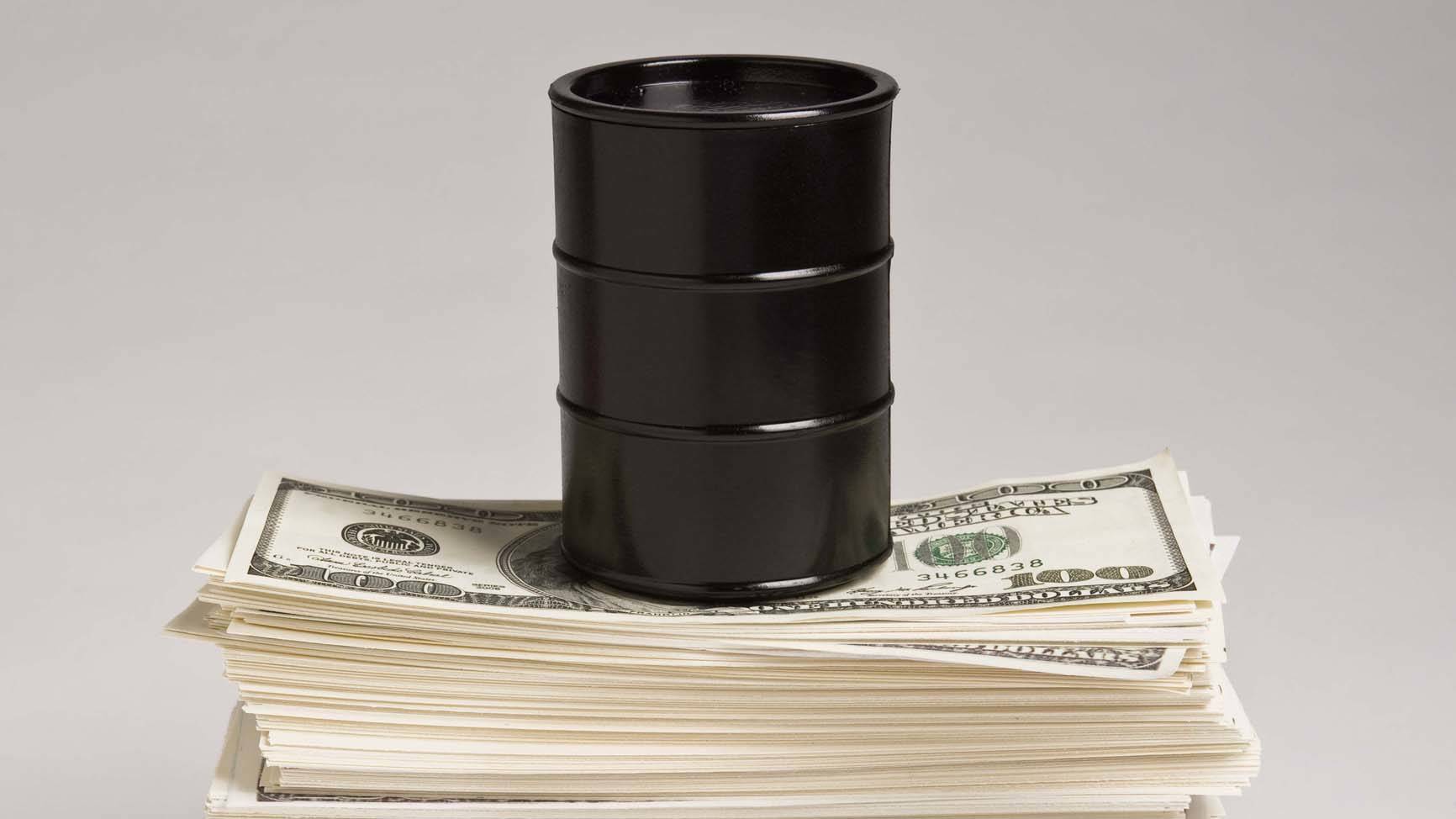When it comes to solving Alaska’s $2.8 billion deficit, the Alaska House of Representatives is asking the oil industry to pitch in.
It isn’t clear whether the Alaska Senate will ask the same.
On Monday, the House voted 21-19 in favor of House Bill 111, which increases the state’s oil production taxes and reduces the state’s subsidy of new drilling.
“I have a responsibility, we all have a responsibility, to get the best price for the oil that we … own,” said Rep. Justin Parish, D-Juneau, before he voted for the bill, which advances to the Senate for consideration.
Rep. Geran Tarr, D-Anchorage and co-chairwoman of the House Resources Committee, called HB 111 “one of the four pillars of our fiscal solution.” The other pillars are modest budget cuts, spending from the Permanent Fund, and an income tax.
According to figures from the Alaska Department of Revenue, HB 111 would net the state $20 million more in Fiscal Year 2018, which starts July 1. That figure would rise in subsequent years, reaching $485 million by FY2026.
Ken Alper, director of the tax division of the Alaska Department of Revenue, told the House Finance Committee that those figures are based upon the state’s estimate of future oil prices and don’t take into account any changes the oil companies might make in response to the new system.
Concerns about those changes dominated the hours of floor speeches that took place before Monday’s vote.
“(HB) 111 is shortsighted. We must not forget that Alaska is in a recession,” said Rep. Lora Reinbold, R-Eagle River.
Reinbold and others argued that increasing taxes on the oil industry will discourage investment and ultimately reduce oil flow through the trans-Alaska Pipeline System.
“If you want the opportunities for you and your children … you should vote no on this bill,” said Rep. Dan Saddler, R-Eagle River.
Rep. Jason Grenn, I-Anchorage, joined all 18 members of the House’s Republican minority in voting ‘no.’ All members of the coalition majority – excluding Grenn – voted yes.
Members of that majority repeatedly said that it was time for Alaska to get its fair share of revenue and pointed out that the state is paying out more in the way of subsidies than it receives in production taxes. (The state does receive other taxes and royalties from oil production.)
“This oil is ours. … We’re not doing anybody any favors when we’re giving our oil away at rock-bottom prices,” said Rep. Ivy Spohnholz, D-Anchorage.
HB 111 closes a loophole that allowed North Slope oil companies to accumulate more than $1 billion in tax credits when oil prices abruptly plunged and big producers lost money on every barrel of oil they produced. Those tax credits were intended for small companies starting out on the North Slope, but the sudden shock in prices allowed big producers to take advantage as well.
A bill passed by last year’s Legislature addressed subsidies for Cook Inlet drilling, but it didn’t address North Slope subsidies in significant detail. Lawmakers said at the time that they would debate the North Slope subsidies at a later date, but the question now is whether HB 111 includes too many additional features for the Senate. That body has said it is open to addressing the subsidy issue, but senators have said they’re unwilling to raise taxes on the oil industry.
On Friday, Senate President Pete Kelly said in a prepared statement, “Any bill regarding the oil tax structure has to answer one question: Will it increase production? That said, if we receive a bill from the House addressing cashable tax credits and the state’s exposure, we will give it fair hearing.”
• Contact reporter James Brooks at james.k.brooks@juneauempire.com or call 419-7732.

